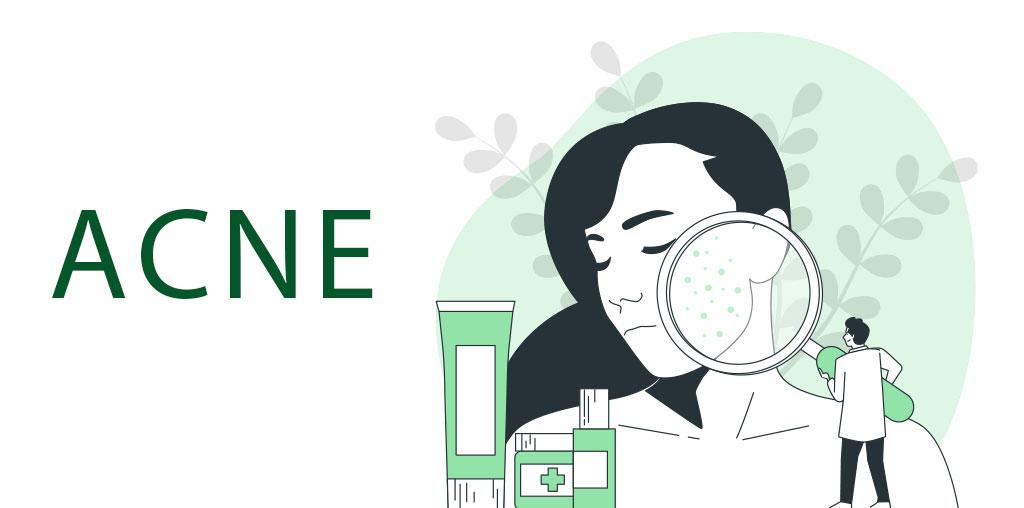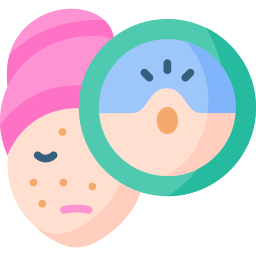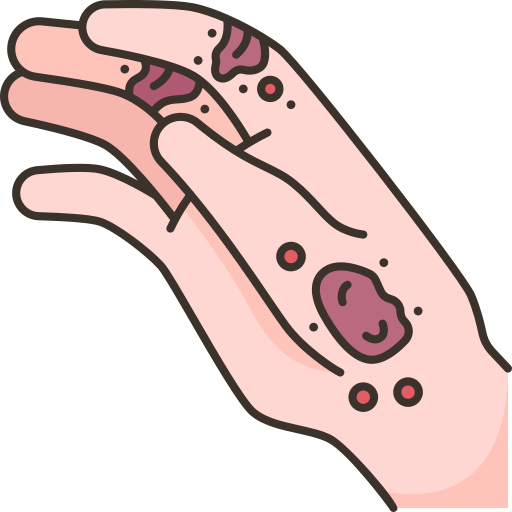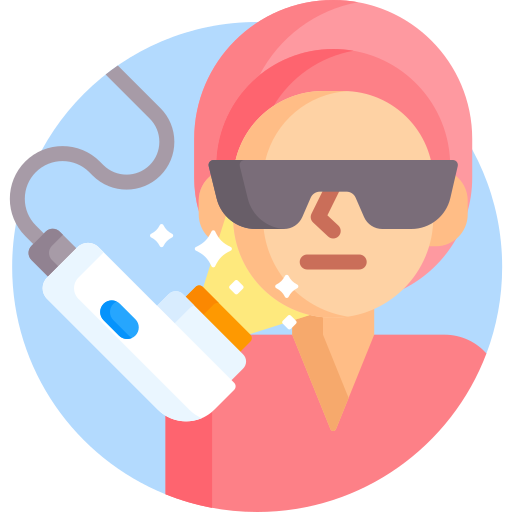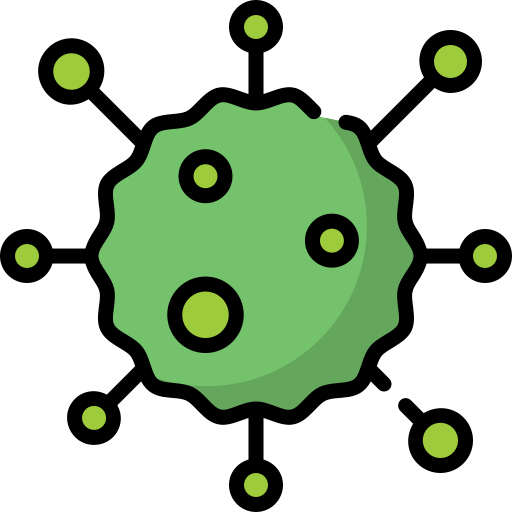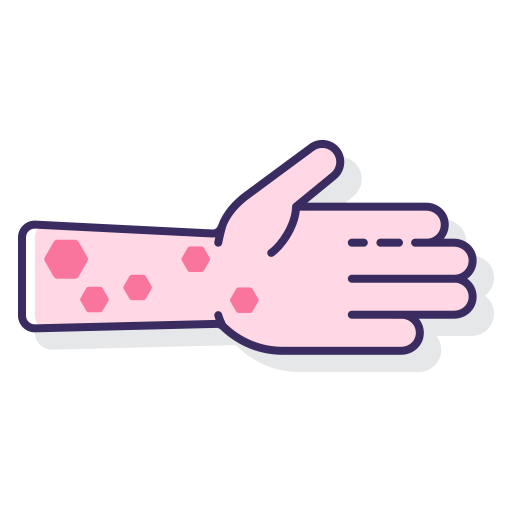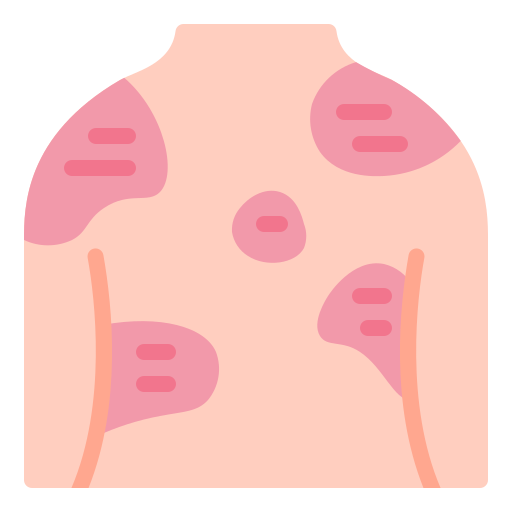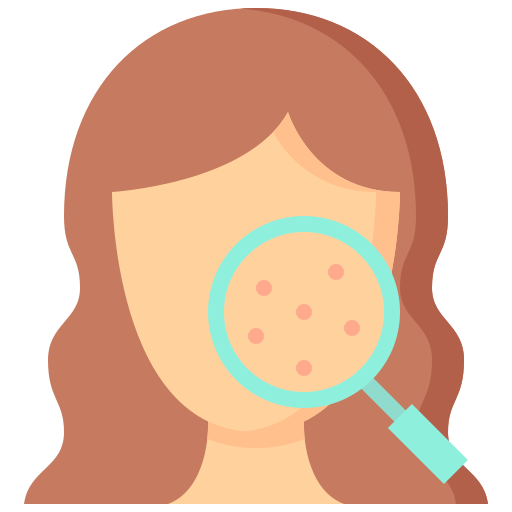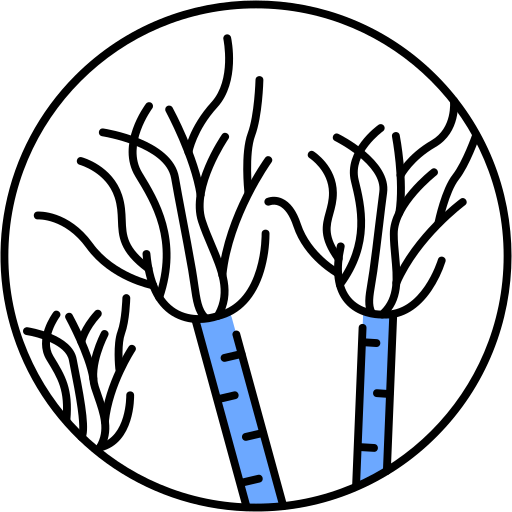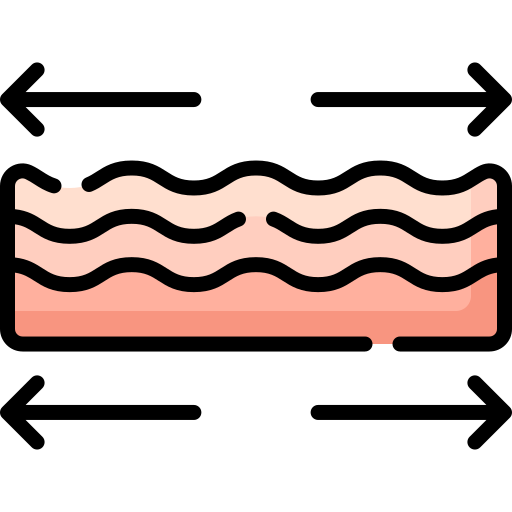
Acne & Skin Conditions
What is acne?
Acne is a common inflammatory skin condition that occurs when hair follicles become blocked with dead skin cells and sebum. Bacteria can also accumulate in the follicle, causing pus to form. It can cause redness, spots, pimples, and cysts on the face and other parts of the body. Acne can be triggered by hormonal changes, diet, medication, and stress.
How common is acne?
Acne affects around 95% of people aged 11 to 30 years old and can be treated in many cases with various options depending on the severity of the case. It is more common in males during adolescence, but more common in females during adulthood. The severity of acne can vary widely, ranging from mild and occasional to severe and persistent. Overall, acne is a widespread condition that can have a significant impact on quality of life.
What types of acne are there?
Acne has various forms, and some of the most common ones are as follows:
· Blackheads are caused by clogged follicles that remain open, leading to oxidation and the contents turning black.
· Whiteheads occur when the follicle is closed, and the contents remain white due to the absence of oxidation.
· Papules are small red bumps that result from pressure on the follicle walls, causing the contents to spill into surrounding tissues.
· Pustules are similar to papules but have pus visible on the surface, making them appear white or yellow in color.
· Nodules are deeper and larger bumps under the skin that can be painful and hard.
· Cysts are the largest type of acne, going deeper than nodules and often resulting from infections that can cause permanent scars and pain.
What causes acne?
Acne is primarily caused by a combination of excess sebum production, buildup of dead skin cells, and bacterial activity in the hair follicles. Hormonal changes, such as those during puberty, can trigger acne by increasing sebum production. Certain medications, such as corticosteroids and contraceptives, can also cause acne. Genetics may also play a role in the development of acne. Additionally, factors such as stress, diet, and environmental pollutants may contribute to the development of acne.
What can cause acne flare-ups?
Acne can sometimes be controlled for some people, but there may be times when it flares up, resulting in an increase in the number of spots and the severity of existing ones. Acne flare-ups can be attributed to certain triggers that are well-known, such as:
· Hormonal changes: Hormonal fluctuations during puberty, menstruation, pregnancy, and menopause can cause acne.
· Diet: Certain foods like dairy, sugar, and high-glycemic-index foods can trigger acne.
· Stress: Stress can increase the production of hormones that cause acne.
· Medications: Some medications like corticosteroids, androgens, and lithium can cause acne.
· Cosmetics: Certain makeup, hair products, and skincare products can clog pores and cause acne.
· Environmental factors: Exposure to pollution, high humidity, and sweating can cause acne.
· Genetics: Family history of acne can increase the risk of developing acne.
How is acne treated?
A variety of acne treatments are accessible, and the choice of treatment that best suits an individual depends on several factors, including the severity of the case. A doctor can suggest the most appropriate treatment based on an individual's unique circumstances.
| Medication | Pack Size | Price |
| Acnecide Gel 5% | 30g and 60g | TBD |
| Treclin Gel 1/0.025% | 30g | TBD |
